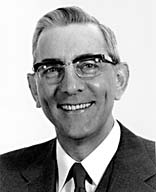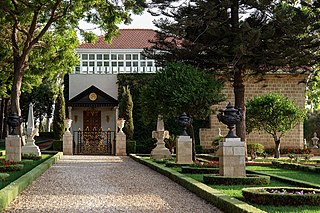A Quote by Gautama Buddha
Dwell not on the faults and shortcomings of others; instead, seek clarity about your own.
Related Quotes
Don’t let any emotional thought concerning success or failure, fame or gain, overtake you, and don’t dwell upon them. Give up your personal shortcomings, such as foolish talk, distracting activities, and absentmindedness. Train in being totally gentle in all physical, verbal, or mental activities. Don’t ponder the flaws of others; think instead of their good sides.
One of the greatest and also the commonest of faults is for men to believe that, because they never hear their shortcomings spoken of, or read about them in cold print, others can have no knowledge of them. GEORG CHRISTOPH LICHTENBERG, The Reflections of Lichtenberg We are often more agreeable through our faults than our good qualities.
I knew that danger lay ahead, of course; but I did not expect to meet it in our own Shire. Can't a hobbit walk from the Water to the River in peace?" "But it is not your own Shire," said Gildor. "Others dwelt here before hobbits were; and others will dwell here again when hobbits are no more. The wide world is all about you: you can fence yourselves in, but you cannot for ever fence it out.































